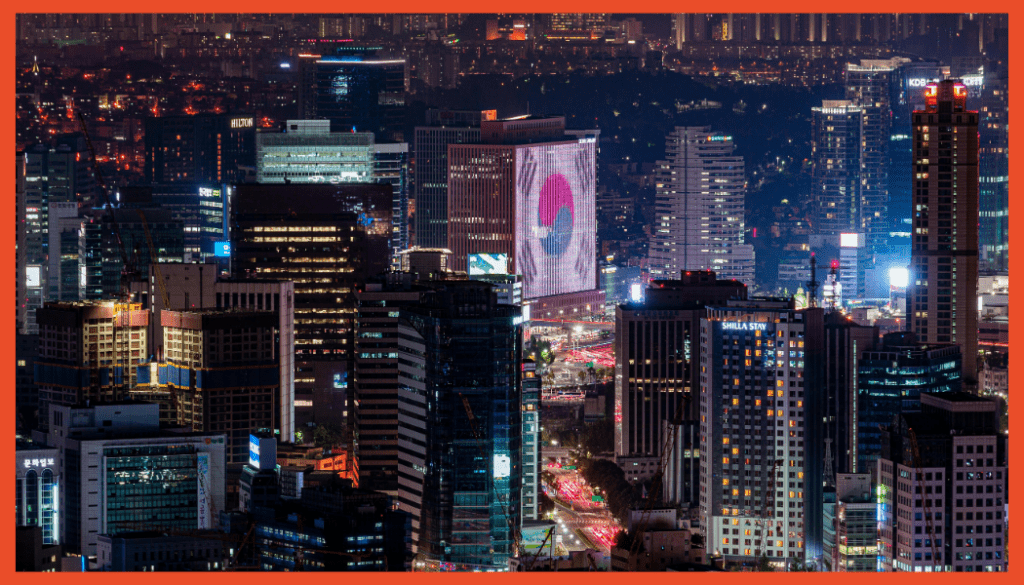On 21 January 2025, South Korea passed the Basic Act on Artificial Intelligence and Creation of a Trust Base—commonly referred to as the AI Basic Act. This marks a significant development in global AI governance. South Korea is now the second country in the world, after the European Union, to introduce a comprehensive legal framework for artificial intelligence.
With this bold move, the country aims to protect citizens, promote innovation, and secure a leading position in the global AI race.

Objectives of the AI Basic Act
The AI Basic Act sets out three clear objectives:
-
Protect individual rights and dignity – Ensure AI technologies uphold human rights and avoid harm.
-
Enhance quality of life – Support AI uses that benefit society and promote wellbeing.
-
Strengthen national competitiveness – Position South Korea as a global leader in AI development and governance.
Who Is Impacted by the AI Basic Act?
South Korea’s AI Basic Act applies to any individual or organisation involved in AI activities that impact the South Korean market. This includes local and international developers building AI models or systems for use in South Korea, as well as businesses using AI in their daily operations. Companies working with high-risk AI, especially in healthcare, finance, transport, and public services, face significant impact.
Obligations of organisations under the AI Basic Act:
-
Risk-Based Classification
South Korea’s AI Basic Act introduces a tiered regulatory approach, prioritising oversight of high-impact AI systems. These are systems that may significantly affect human safety or fundamental rights, such as AI used in healthcare or hiring decisions. Developers must assess whether their AI products fall under the high-risk category. Companies without a physical presence in South Korea must appoint a local representative to handle compliance. Local representatives will have to report risk assessments to government authorities.
-
Generative AI Requirements
Firms offering generative AI services must inform users when they use the technology. They must clearly label AI-generated content that mimics real-world images, audio, or video to prevent confusion or misinformation.
-
Promoting AI Innovation
The Act supports AI advancement by requiring the Ministry of Science and ICT (MSIT) to establish systems that encourage responsible AI development. This includes creating AI infrastructure such as data centres and funding initiatives that support the broader adoption of AI technologies across industries.
Consequences of Non-Compliance
If a business is found to have breached any part of the AI Basic Act, the Minister of Science and ICT may issue an order. This order may require the company to suspend or rectify the violation. Not all breaches carry financial penalties. However, administrative fines of up to 30 million won (approximately $21,000) may be imposed for specific violations. These include failing to inform users when high-risk AI or generative AI is in use. Other violations include not appointing a domestic representative when required and ignoring an official order from the Minister to take corrective action.
Implementation Timeline of the South Korean AI Basic Act
The South Korean AI Basic Act, set to take effect on January 22, 2026. Consequently, this presents significant regulatory changes. As a result, businesses in the AI sector will need to navigate these challenges carefully. The staggered implementation, with certain minor provisions coming into force on January 24, 2026, gives businesses time to prepare. For companies like 360 Business Law, this evolving legal landscape provides an opportunity to guide clients in the AI and technology sectors through compliance, ensuring that their operations align with the new regulatory framework.